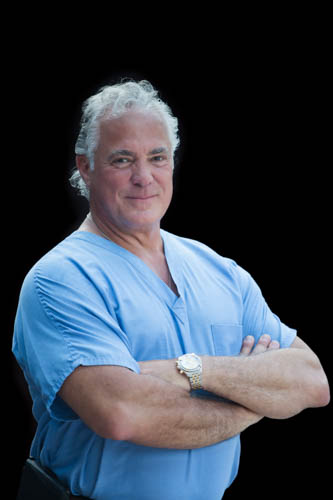The National Academy of Sciences, in collaboration with the National Academy of Medicine, has lent their support to a “once-unthinkable” proposition: modifying human embryos, in order to create genetic traits that can be transferred to future generations.
Notwithstanding the medical and scientific complications, human gene editing has historically posed an ethical dilemma, as scientists fear that techniques used to prevent hereditary and genetic disease might also be used to create specific physical traits, or enhance intelligence.
A special science advisory group has solely endorsed alternations that are designed to prevent babies from acquiring genes known to cause “serious diseases and disability,” and only when there is no “reasonable alternative.” This engineering might allow people to have children without fearing that they have passed on genetic traits for diseases and disabilities like Huntington’s and Tay-Sachs.
The advent of a specific gene-editing tool called Crispr-Cas9 has allowed researchers to alter, insert, and delete genetic material with rapidly increasing precision, and has spurred plans for experimental treatments of adult patients with conditions like cancer and blindness.
Yet opponents of this new technology argue that human gene line editing will lead to the engineering of traits like beauty, strength, intelligence—ultimately leading to the possibility of a disproportionate divide between those who can afford enhancements, and those who cannot.
There are also questions of safety and autonomy, in addition to social justice and moral concerns. Despite the precision of Crispr, its ‘off-target’ effects include cutting DNA at places it is not meant to—leading to the inadvertent creation of new complications. Furthermore, while the published report prohibited any alternations that resembled ‘enhancement,’ it is not clear where the line is drawn.
Nevertheless, it will likely be years before gene-editing techniques tested in animals can simultaneously work in humans. The Food and Drug Administration currently prohibits the allotment of any federal money to support research that results in genetically modified offspring. This groundbreaking step will likely only be considered and implemented after more research and studies, and only conducted under extremely tight restrictions.

.jpg) Dr. Vance entered into medicine as a nontraditional student at the age of 34 from a non-medical background. Her career shift to the medical field was spurred by a desire to learn and to then apply that knowledge in a meaningful way. Several years into her medical education, Dr. Vance began to realize that traditional medicine was not what she had anticipated it to be. Although she was enthusiastically engaged in the scientific method applied to medicine, she found the application of that method to disease-based medicine lacking. For 15 years, Dr. Vance practiced emergency medicine where she believes traditional medicine is at its best, but was well aware of the limitations during that time. As a favor for a friend, she began her own research into bioidentical hormone therapy, and that path eventually led her to A4M. During the coursework to gain board certification and an advanced fellowship from A4M, Dr. Vance was very pleased to return to a base of physiology, biology, chemistry, and genetics, and to not only understand the causes of disease but also how to prevent them.
Dr. Vance entered into medicine as a nontraditional student at the age of 34 from a non-medical background. Her career shift to the medical field was spurred by a desire to learn and to then apply that knowledge in a meaningful way. Several years into her medical education, Dr. Vance began to realize that traditional medicine was not what she had anticipated it to be. Although she was enthusiastically engaged in the scientific method applied to medicine, she found the application of that method to disease-based medicine lacking. For 15 years, Dr. Vance practiced emergency medicine where she believes traditional medicine is at its best, but was well aware of the limitations during that time. As a favor for a friend, she began her own research into bioidentical hormone therapy, and that path eventually led her to A4M. During the coursework to gain board certification and an advanced fellowship from A4M, Dr. Vance was very pleased to return to a base of physiology, biology, chemistry, and genetics, and to not only understand the causes of disease but also how to prevent them.